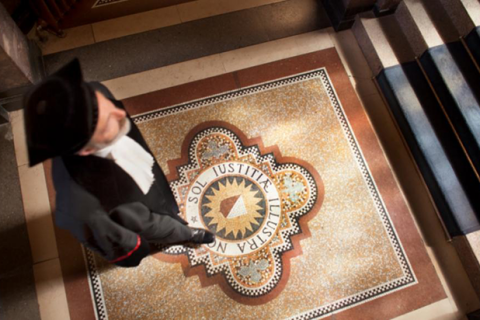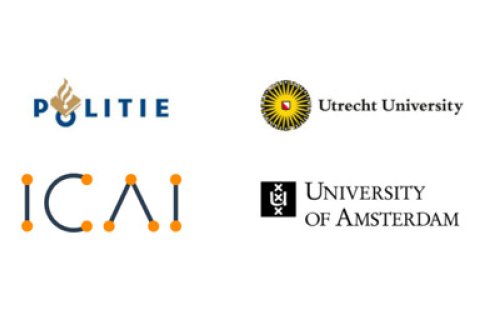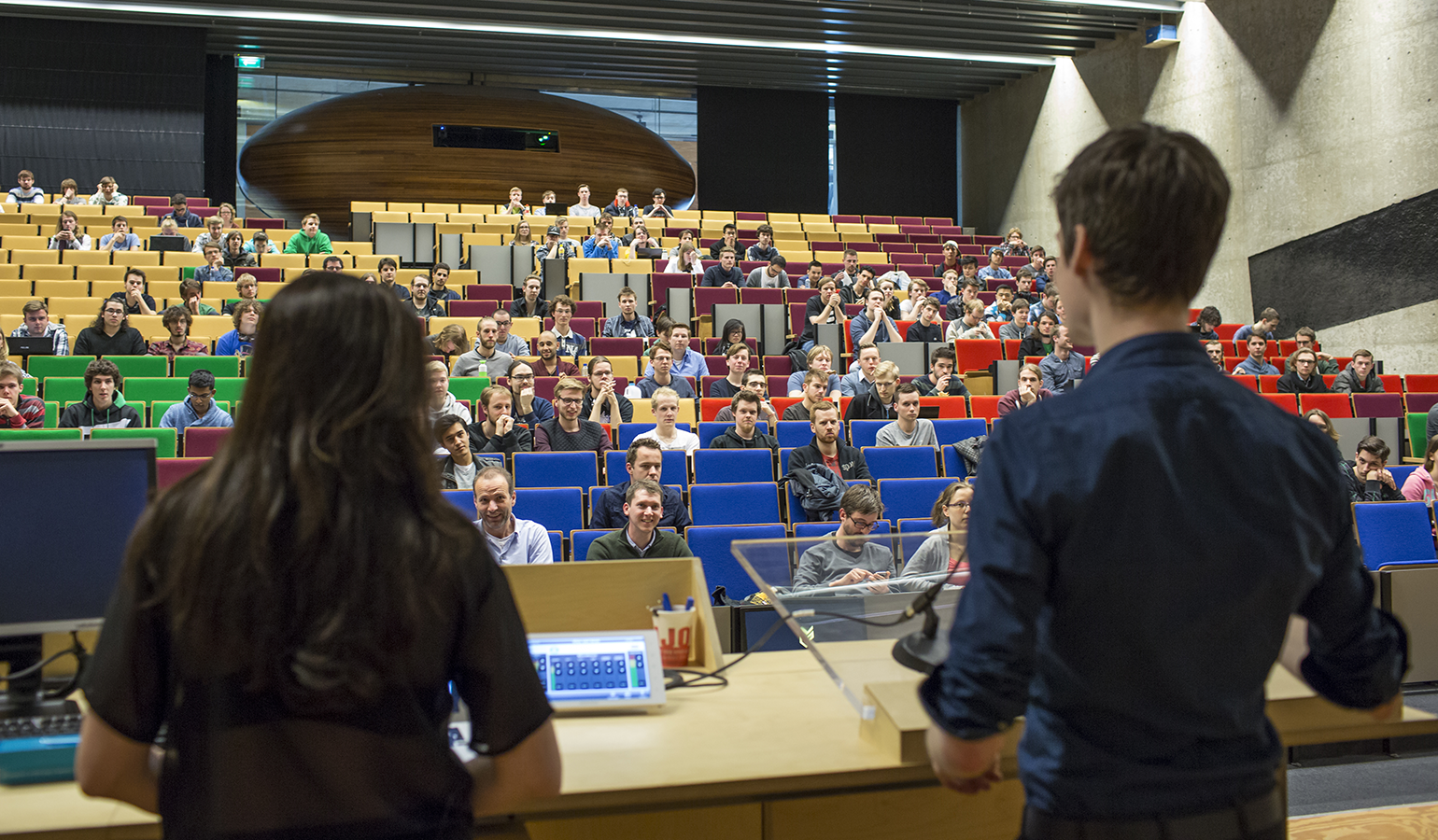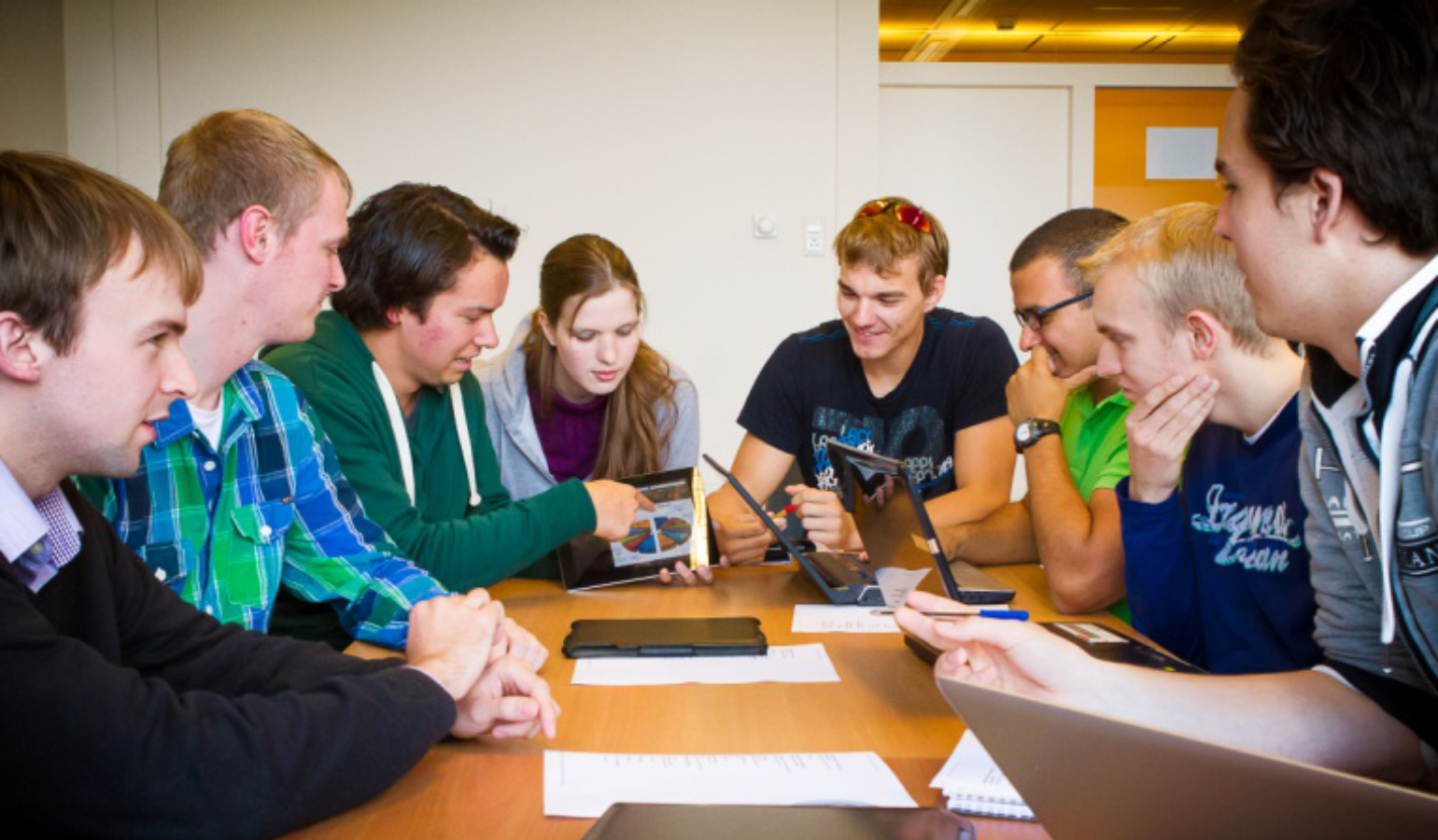Collaboration in Research and Education

The goal of collaboration is to tackle societal and fundamental challenges together. Researchers and organizations/companies commit themselves for multiple years to a common goal: to enrich, expand, and deepen technological capabilities and applications. In all our collaborations we employ the Utrecht University’s integrity policy, as to ensure that the reliability of the research and collaboration is guaranteed.
Research
A common form of collaboration is doing research projects. These often require a grant application, for which the contribution expected from the different partners varies per grant.
Additionally, in certain cases there is the possibility to set up a structural partnership in which both partners complement each other’s expertise and pay each other in kind. E.g. one partner provides BigData-acquisition, and the other partner uses this dataset to develop novel methods for analysis, which the first partner can then use for practical applications.
Furthermore, we have set up short pilot projects in the past; several of which have led to major research lines. Per project we determine the possibilities and opportunities together, in order to develop a fruitful partnership.
In each case it is important to ensure the interests of all partners. With that in mind, by joining forces we can develop novel (technological) possibilities that could not be achieved without such collaboration.
Example of collaboration

National Policelab AI
The National Policelab AI (NPAI) is a collaboration initiative of the Dutch National Police, Utrecht University and the University of Amsterdam. Together we aim to develop state-of-the-art AI techniques to improve the security in the Netherlands.
Education
As part of our education, we strongly encourage critical and independent thinking in our students. This ensures them a strong basis for both (fundamental) research as well as application. To further expand on this, we’ve successfully involved companies in various aspects of our education.
When it fits within the curriculum, guest lectures provide an opportunity for students to get acquainted with the various aspects of information technology within a business setting.

Another important way companies and the ICS-department can contribute to each other in education is through external projects (internships). Near the end of their bachelor- (in their third year) and the master-phase (the fifth year) students get the opportunity to work for about 16 weeks on an external project. Both the organization’s research question and the scientific challenges are important criteria when setting up these internships.
In addition to the possibilities mentioned above, the ICS-department offers the software- and gameproject (in Dutch) in the bachelorphase. As part of this, a group of approximately ten graduating bachelor students - under the guidance of the department and in consultation with the client - create a working prototype (based on the client’s functional design ) in five month. This prototype is.


